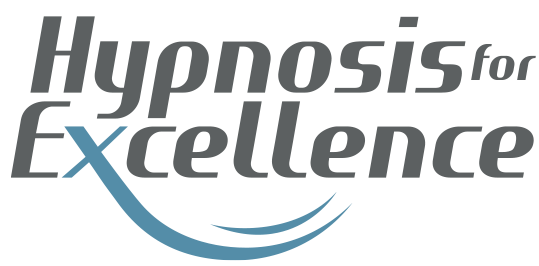Consumer alert from the International Board of Hypnotherapy
How do you know if a hypnotherapist has adequate training to deal with your issues? How do you know if they are competent to get involved in your health?
The practice of hypnotherapy is not regulated at the federal level. This means educational institutions and professional certifying boards set their standards for minimum academic requirements, scope of practice, code of ethics, postgraduate studies and continuing education.
It may surprise you to learn that there are still some hypnosis certifying organizations or boards that only require people with only about 100 hours of training to fill out an online application (and pay a membership fee), to be certified.
While hypnotherapy is a healing art, it is evidence based and grounded in scientific method. Just as an education in medicine, massage therapy or even counseling requires practical skill development with a clinical supervisor, so does hypnotherapy. The International Board of Hypnotherapy does not award certification to a person who has learned hypnosis through a distance learning program or a correspondence course.
IBH has set a new standard for certification requirements. For Level 3, IBH Fellow and Certified Medical Support-Clinical Hypnotherapist, IBH rigorously screens each potential member, requiring not just proof of training (400 hours), but also a written examination and evaluation of their practical skills by review of a video of an actual session, and review of therapeutic script development. With IBH members there is also the peace of mind of knowing that they have received training in, and are held accountable to, a strict code of ethics.
Before a consumer ever employs the services of a hypnotherapist, we recommend they confirm that the practitioner has between 300 and 600 hours of actual classroom training in hypnotherapy from a state licensed school. Since hypnotherapy is neither the practice of medicine, nor psychology, regardless of anyone’s prior academic education in related topics (medicine, counseling or social work), the hypnotherapy practitioner still needs comprehensive education in actual hypnotherapy techniques in order to be competent with them.
